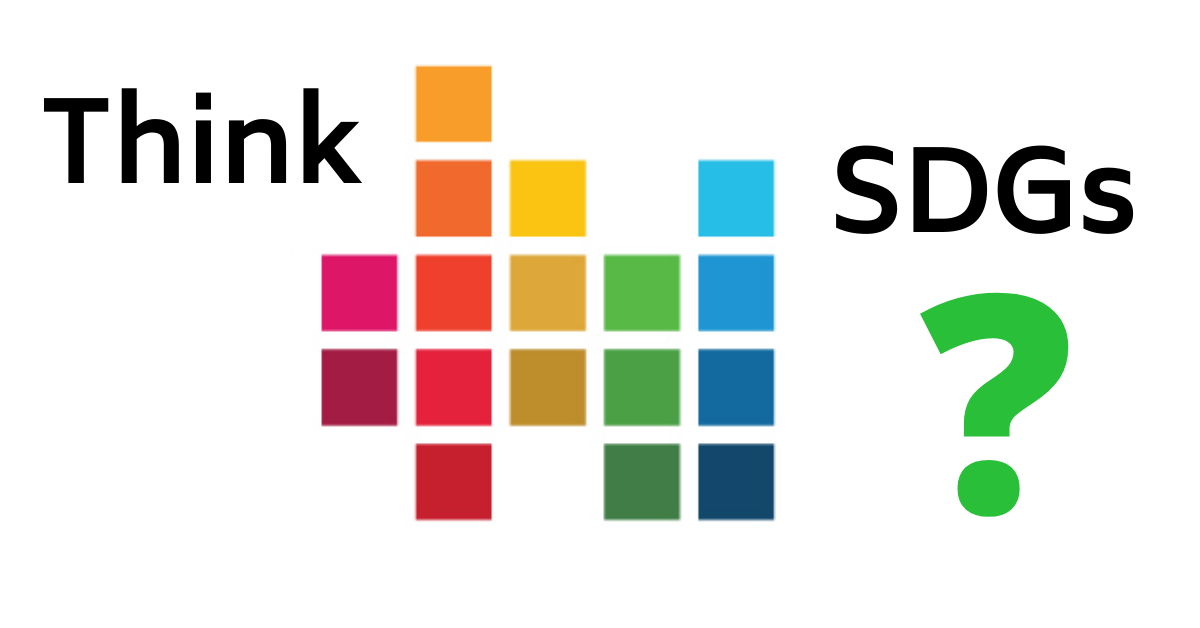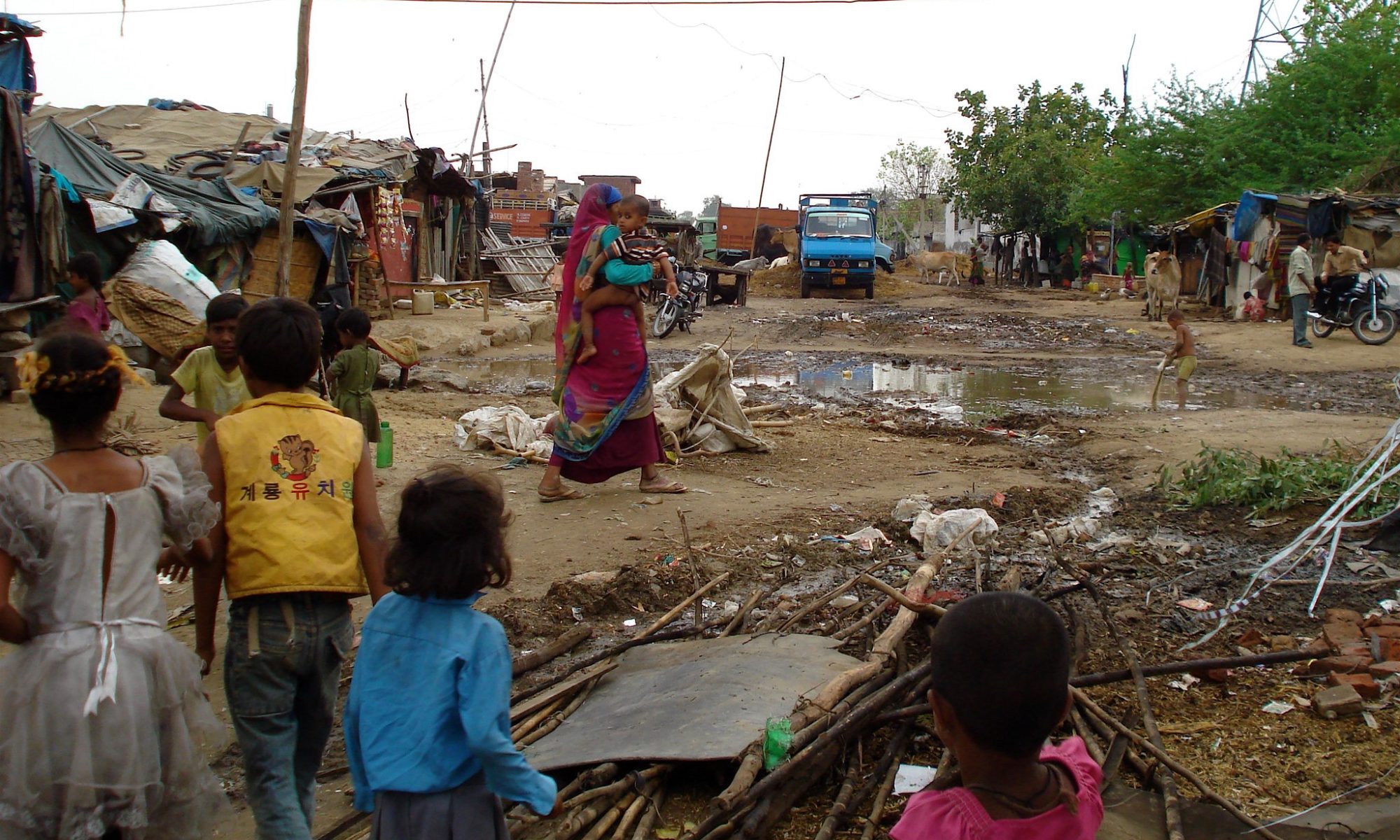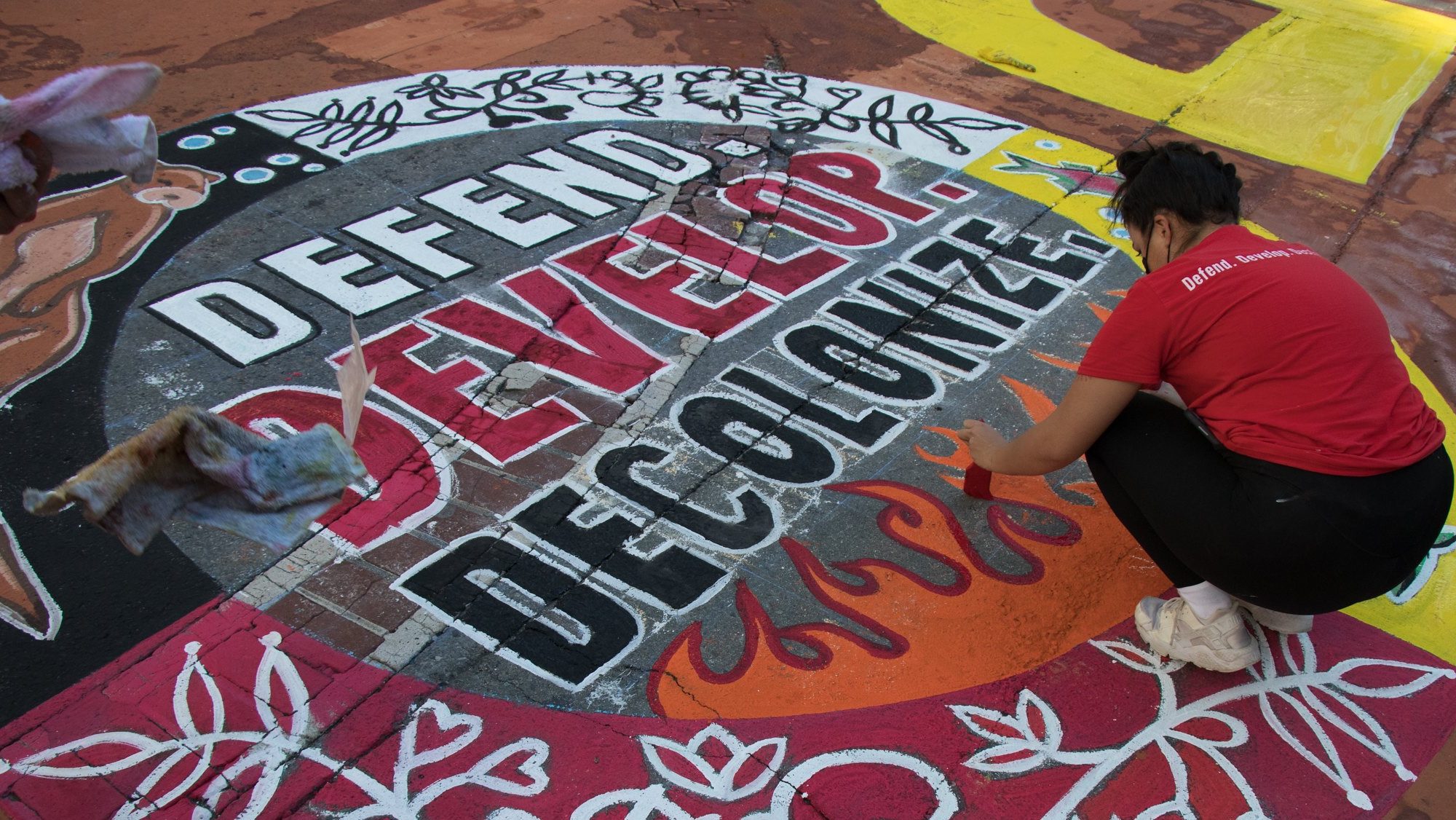By Tomaso Ferrando, Gabriela de Oliveira Junqueira, Iagê Miola, Flavio Marques Prol, Diogo R. Coutinho
For years, ‘green’ and ‘climate’ investments were considered a high-risk and ‘niche’ territory for environmentalists and socially oriented enterprises. However, between 2010 and 2019, more than EUR 2.28 trillion of private and public capital went into building new renewable capacity globally, primarily solar and wind energy. This reveals a new appetite for financing projects that are supposed to favor climate change mitigation and – although in a smaller percentage – climate change adaptation. With the combination of the climate emergency, the covid-19 pandemic and the global recession, the idea of ‘privately financing green growth’ has become the mainstream political, academic and business narrative. Continue reading “Indebting the green transition: critical notes on green bonds in the South”




